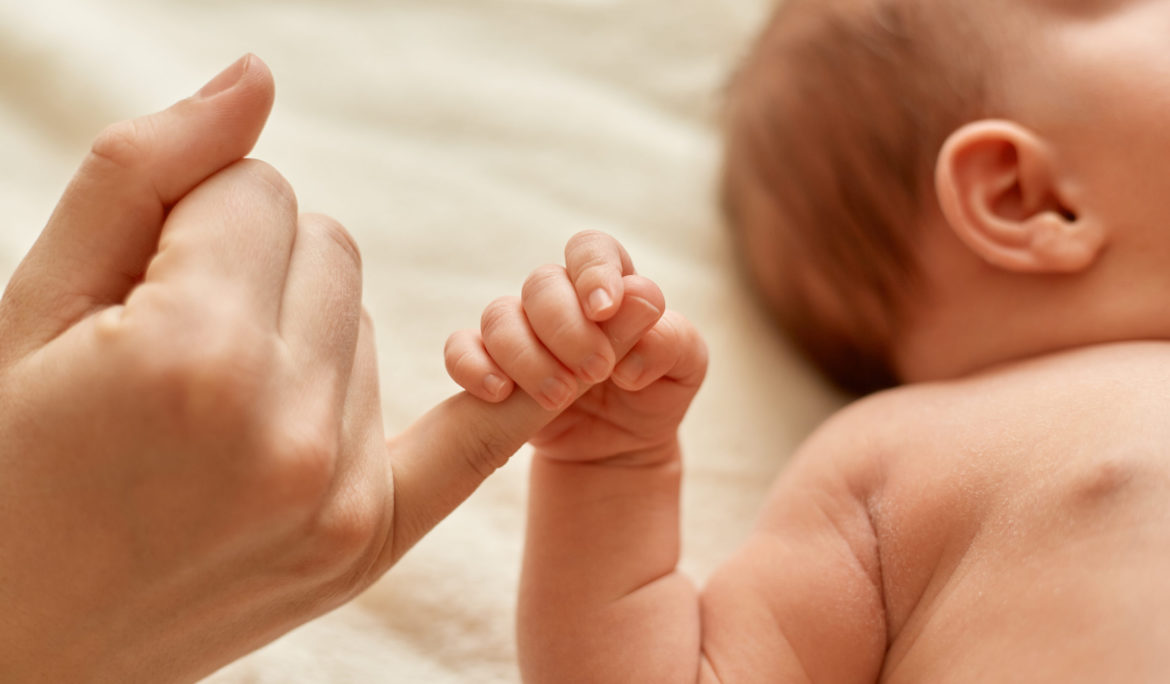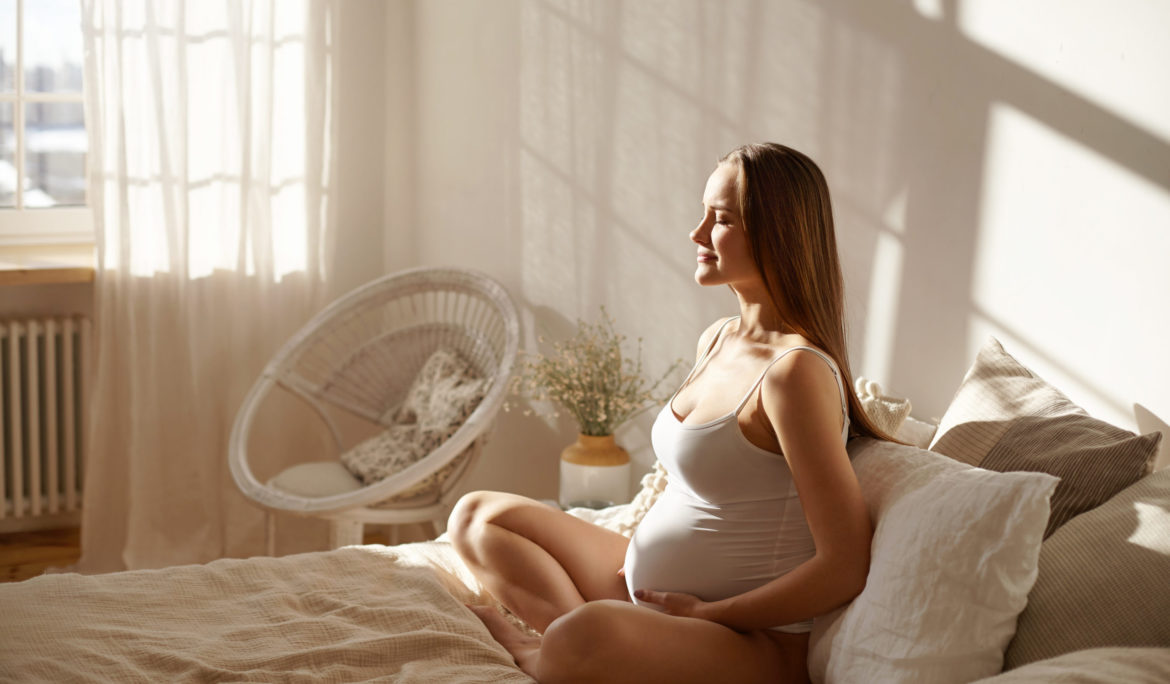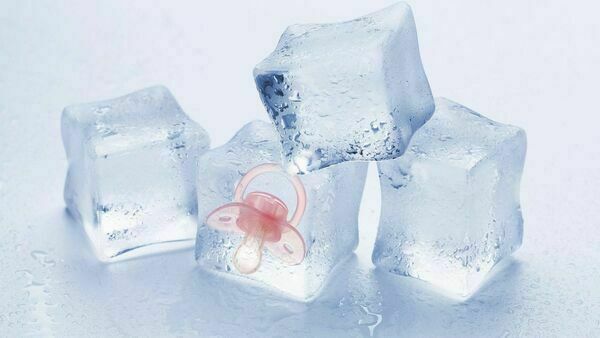European Fertility Trends: A Shift Towards Single Embryo Transfers
In recent findings presented at the 39th annual meeting of the European Society of Human Reproduction and Embryology (ESHRE), a notable shift has been observed in fertility treatment practices across Europe. The data sheds light on key developments and trends in assisted reproductive technology (ART) within the region. Single Embryo Transfers on the Rise One striking trend is the increasing preference for single embryo transfers during fertility treatments. In 2020, approximately 57.6% of all in vitro fertilization (IVF) and intracytoplasmic sperm injection (ICSI) procedures in Europe involved the transfer of a single embryo. This figure reflects a modest uptick from …
Seasonal Timing of Egg Collection Linked to 30% Higher Live Birth Rates in Fertility Treatments, New Study Finds
The research published in Human Reproduction suggests that the timing of egg collection during fertility treatment can have an impact on live birth rates. Here are the key findings and implications from this study: Seasonal Impact: The study found that collecting eggs during the summer resulted in a 30% higher likelihood of live births compared to egg collection in the autumn. This increase in birth rates was observed regardless of when the embryos were transferred into women’s wombs. There were intermediate birth rates for egg collection in spring or winter, but the differences were not statistically significant. Sunshine Hours: Women …
Miracle Twins: A Remarkable Story of Life Frozen in Time. Twins Born from Embryos Frozen for 30 Years
An Oregon couple has recently welcomed twin babies from embryos that were frozen over 30 years ago. Rachel Ridgeway, a mother of six, is pleased to have given birth to her newborns at a slightly older age. It is believed that the twins developed from the oldest known embryos that resulted in a live birth. Rachel and her husband, Philip, conceived a child thirty years after the embryos of their son and daughter, Timothy and Lydia, were frozen in April 1992. The biological parents of the infants, who have chosen to remain anonymous, donated their remaining embryos to the National …
A recent study on the impact of nutrition on fertility
A recent study published in the journal Reproductive Toxicology examines the current evidence on the link between nutrition and female infertility and poor IVF outcomes. Introduction Infertility is medically defined as the inability to achieve pregnancy after one year of unprotected sexual intercourse. According to current estimates, 15-20% of couples worldwide experience infertility. Researchers are becoming more interested in identifying lifestyle and environmental factors that may affect reproductive health due to rising infertility rates. Numerous studies have extensively researched the potential effects of certain dietary patterns, such as Mediterranean and Western diets, as well as specific foods, on infertility. The …
Increasing Egg freezing to preserve fertility in recent years
According to a recent report by BBC News, an increasing number of women are choosing to freeze their eggs in the hopes of starting a family at a later stage in life. According to the Human Fertilisation and Embryology Authority (HFEA), the number of patients freezing their eggs increased from 2,500 in 2019 to over 4,000 in 2021. The “dramatic rise” may be attributed to the pandemic, according to a charity. However, there is a need for increased awareness of the advantages and disadvantages, according to doctors. According to Sarah Norcross, director of the Progress Educational Trust fertility charity, a …









